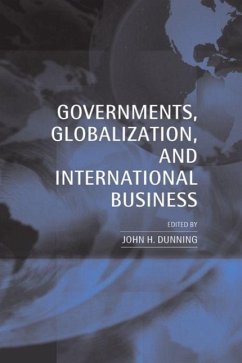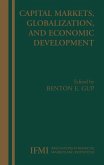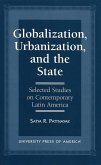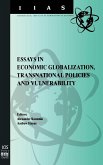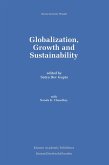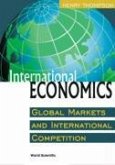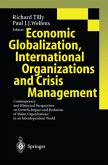In the final part John Stopford and Edward Graham stand back and look at the changing role of national and supranational governance. In doing so they underscore a fundamental tenet of the volume, that globalization requires national governments to re-evaluate various factors of their systemic governance.
It is a cliche to say that we live in a globalized world in which investment flows, communications, and the operations of multinationals from all parts of the world have changed the character of the international business environment. But the easy concept of globalization poses as many questions as it answers. In this book, a prestigious group of international scholars explores in detail the consequences of globalization--defined as "the deepening structural interdependence of the world economy."
Hinweis: Dieser Artikel kann nur an eine deutsche Lieferadresse ausgeliefert werden.
It is a cliche to say that we live in a globalized world in which investment flows, communications, and the operations of multinationals from all parts of the world have changed the character of the international business environment. But the easy concept of globalization poses as many questions as it answers. In this book, a prestigious group of international scholars explores in detail the consequences of globalization--defined as "the deepening structural interdependence of the world economy."
Hinweis: Dieser Artikel kann nur an eine deutsche Lieferadresse ausgeliefert werden.

